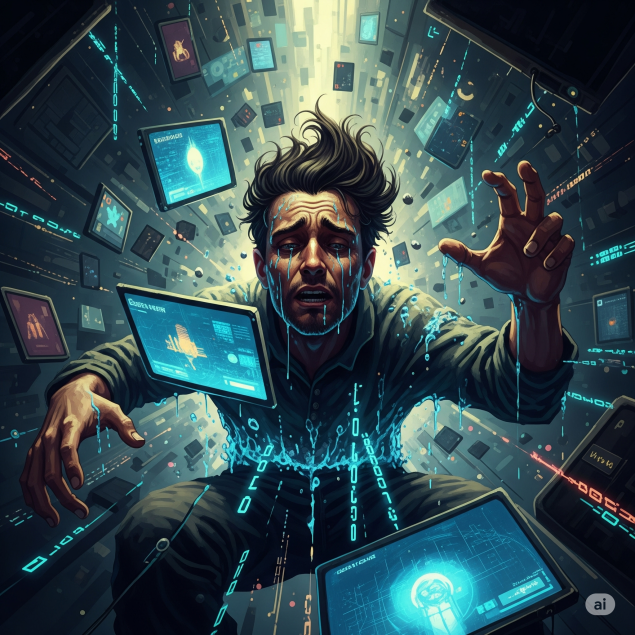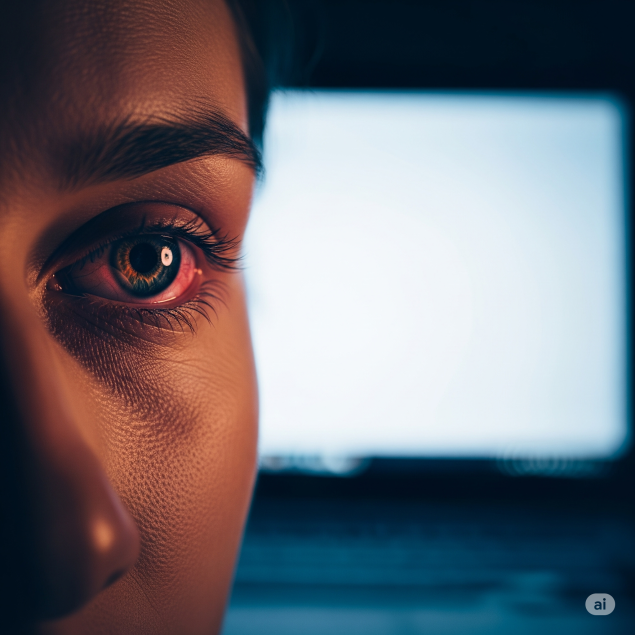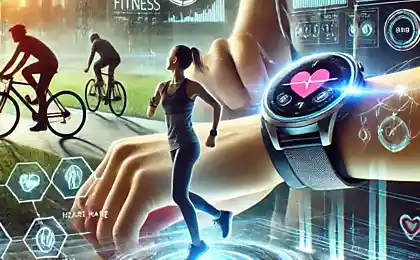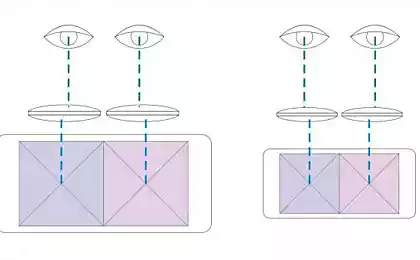93
7 Health Risks of Digital Fatigue and How to Avoid It

You may not even know that you are suffering from digital fatigue. But the sooner you realize it, the easier it is to regain control of attention, sleep and inner peace. Digital devices have become a part of us – but sometimes it’s worth asking: do we still control gadgets, or do they already control us?
What is digital fatigue?
Digital fatigue It's not just eye fatigue. This fatigue of the nervous system due to constant interaction with digital devices: smartphones, computers, tablets. It is information noise, stress, exhaustion, insomnia and anxiety in one bottle. And it's all invisible, day in and day out.
We live in an age where the brain cannot digest the amount of information it receives in an hour. And the body rebels.
The health risks of digital fatigue
1. Vision disorders and dry eye syndrome
The screen doesn't blink. And you stop blinking. This causes dryness, irritation, headache and eye fatigue. A long stay at the monitor leads to computer vision syndrome and progressive myopia in adults and children.

2. Insomnia and hormonal disruptions
The screen of the gadget emits blue light. It's blocking production. melatonin - the main sleep hormone. You fall asleep late, wake up broken, and over time, chronically do not get enough sleep. This affects not only the state of health, but also the hormonal background.
3. Poor posture and body pain
"Text neck", slouching, low back pain - this is a fee for a watch in a smartphone. Especially those who work in the office. Even children begin to suffer from spinal curvatures before school.
4. Loss of concentration and creativity
Switching between applications reduces productivity by 40%. You read the article, the notification comes. When you answer a message, you forget what you read. This cycle cognitive fatigue It leads to a decrease in mental abilities and creative thinking.
5. Emotional burnout
The speed of life and the flow of news overwhelm the psyche. A person becomes irritable, his empathy and motivation decrease. Formed burnoutEspecially for people working in social networks, IT and online marketing.
6. Weakening of immunity
Chronic stress, insomnia and lack of movement suppress the immune system. A person often suffers from colds, flu and recovers worse after illnesses.
7. Loneliness and lack of true communication
Instead of talking, correspondence. Instead of meetings, video calls. Connection paradoxThe more active you are online, the lonely you feel in reality.

How to cope with digital fatigue: tips
- Watch your posture: Sit straight, the screen at eye level, the back with a support.
- Take breaks: Get up and move every 30-40 minutes. We warmed up, productivity increased.
- Use the 20-20-20 rule: Every 20 minutes, look at an object 20 meters away for 20 seconds.
- Turn off notifications: You don't have to react to everything instantly.
- Set up a warm screen mode: In the evening, blue light blocks melatonin.
- Digital detox: At least once a week – a day without gadgets. Walk, quiet, book. It's not a luxury, it's a necessity.
In a world full of noise, silence is an act of resistance. Get your silence back. Get yourself back.
Glossary
- Digital fatigue Psychophysiological exhaustion due to prolonged use of digital devices.
- melatonin A hormone that regulates sleep and circadian rhythms.
- Text neck Deformation of the cervical region due to the constant tilt of the head to the smartphone screen.
- Cognitive fatigue Decreased mental activity and attention due to brain overload.
- Digital burnout Emotional exhaustion due to constant involvement in the online environment.
- Connection paradox Feeling lonely with high involvement in digital communication.
- Digital detox A conscious rejection of gadgets for a certain time to restore balance.
You don't have to be always online. You must be alive. The digital pause is a step towards real freedom.























